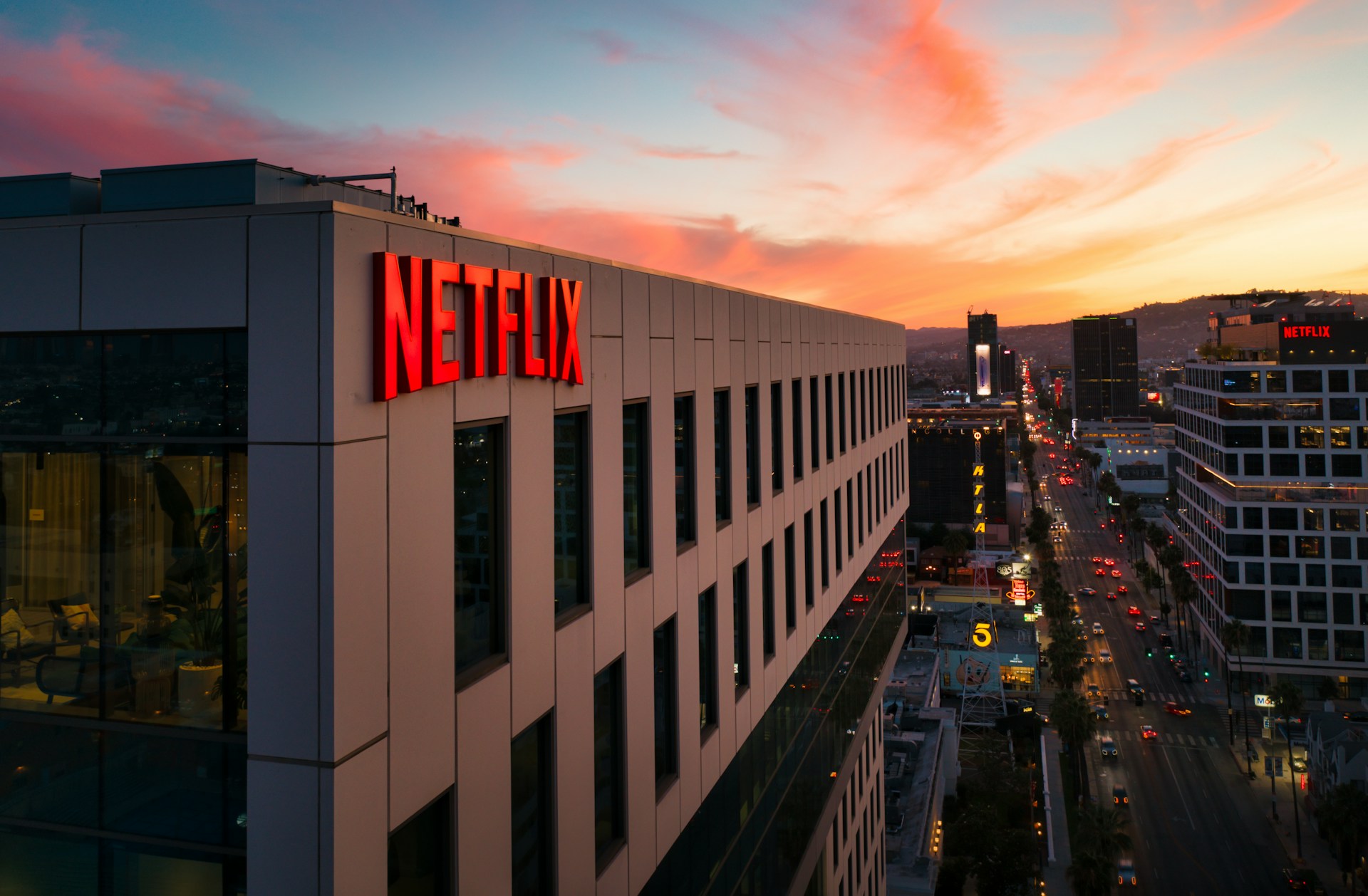
Netflix failed to place a single original film on The New York Times‘ reader-voted list of the top 100 movies of the 21st century, highlighting the streaming giant’s ongoing struggles to create lasting cinematic impact despite massive investment in original content.
More than 200,000 readers participated in the survey, which ranked films from 2000 onward. Netflix’s absence stands out given the platform’s decade-long push into original movie production and awards contention.
Knives Out, ranked 91st on the list, represents the closest Netflix connection to the rankings. The original film received theatrical distribution through Lionsgate in 2019 before Netflix acquired sequel rights in a $450 million deal.
The results underscore a persistent disconnect between Netflix’s award-season campaigns and lasting audience appreciation. Films like Alfonso Cuarón’s Roma, Noah Baumbach’s Marriage Story, and David Fincher’s Mank generated critical acclaim and Oscar nominations but failed to secure enduring cultural impact.
Netflix’s most recent awards push centered on Emilia Pérez at the 97th Academy Awards. The film earned multiple nominations but won only two categories — Best Original Song for “El Mal” and Best Supporting Actress for Zoe Saldaña.
The musical drama maintains a 17% audience score on Rotten Tomatoes based on over 10,000 user ratings, illustrating the gap between industry recognition and viewer response.
Netflix continues investing heavily in high-profile projects with mixed results. The Electric State, the Russo Brothers’ 2025 sci-fi film, reportedly cost $320 million but received a 14% rating on Rotten Tomatoes upon release.
These outcomes contrast sharply with the Times list’s top performers. The top five films — Parasite, Mulholland Drive, There Will Be Blood, Interstellar, and No Country for Old Men — all received traditional theatrical releases before building lasting reputations.
Netflix co-CEO Ted Sarandos has described movie theaters as “an outdated idea for most people,” arguing that streaming platforms are “saving” Hollywood. The survey results suggest audiences still value the communal theatrical experience when identifying cinema’s most memorable films.
The platform’s feature film division faces ongoing questions about its ability to create content that resonates beyond initial release windows, despite securing top-tier talent and substantial production budgets.